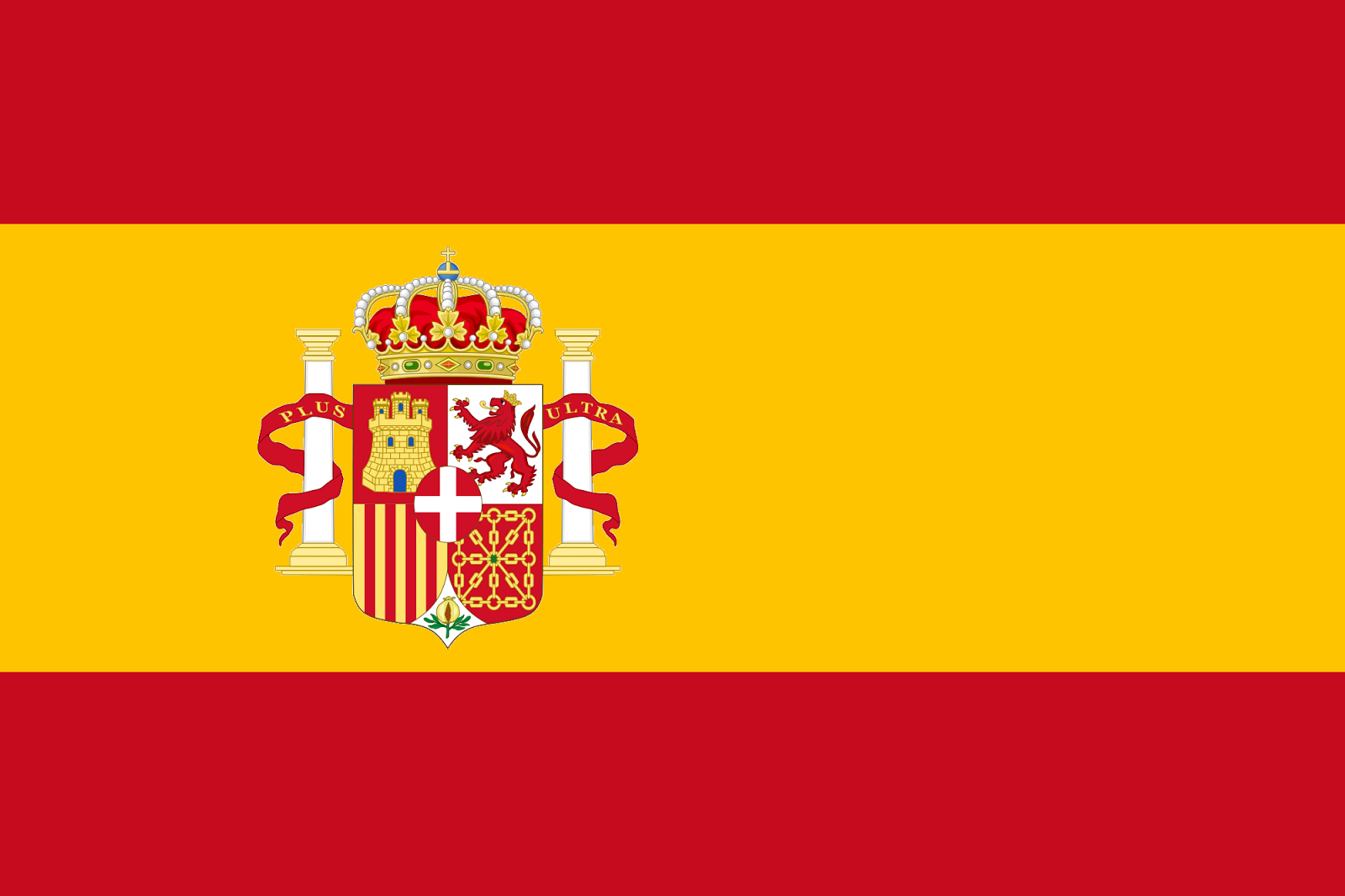Striptease right and politics in Asia, Australia and Rest of the world

Views:1405
Apart from the United States, opinions about strip clubs and sexuality in general can be much more liberal. American striptease, although present, may be treated in very different ways. Nonlegal activities in most regions of the United States, or its territories may be authorized in other parts of the world, and links with criminal elements (as defined under international law) may be much more pronounced. Common incidents of striptease club crime in Eastern Europe and Asia imply that clients are quoted a price when they join a club, only to discover later that management expects a much higher payout before clients are allowed to leave. Bullying and possibly threats of violence are used to coerce clients into compliance.
Like Canada and Ireland, the Japanese government had special categories of " entertainer " visas that permitted the trafficking of women in strip clubs and prostitution. In South Africa, there was a public controversy about the incidents of prostitution and violence associated with their strip clubs. 17 customers were arrested in a raid on a strip club in Cape Town in June 2010 for having committed undetermined illegal acts. 35 dancers from Eastern Europe were also arrested because they worked at the club without proper documents.
In 2008, the NSW Bureau of Criminal Statistics and Research in Sydney, Australia reported that 1,600 persons were accused of having committed 27 criminal offences in the state's "places of worship". Curiously, the numbers show that only 282 individuals were charged with the same offences in premises classified as adult entertainment facilities. A breakdown of the statistics shows that 85 persons were attacked in places of worship, compared with 66 in places of adult entertainment. Incidents of sexual abuse, harassment and threats also increased in places of worship. The report was made up of churches, synagogues, monasteries, mosques, convents, cathedrals and chapels as locations of worship. Venues listed as adult entertainment sites included dance clubs, sex shops, brothels, massage parlours, gay clubs, playhouses and gambling clubs. The Office's interpretation was that individuals were just as likely to be assaulted or robbed in the sanctity of a church as they were in the sex industry.
 HUB
HUB POST
POST

 EN
EN
 RU
RU LV
LV ESP
ESP DE
DE PT
PT ZH
ZH FR
FR

